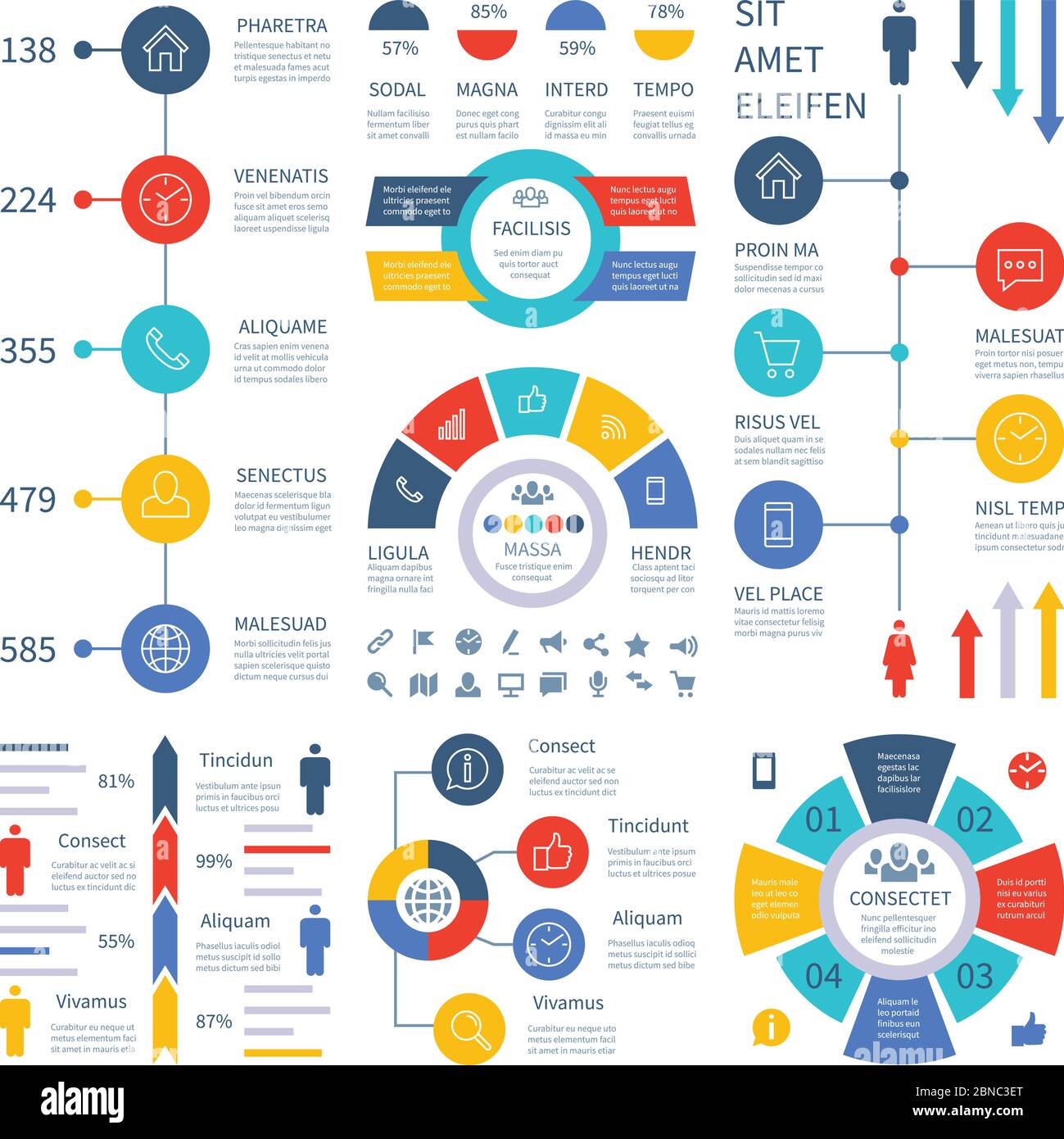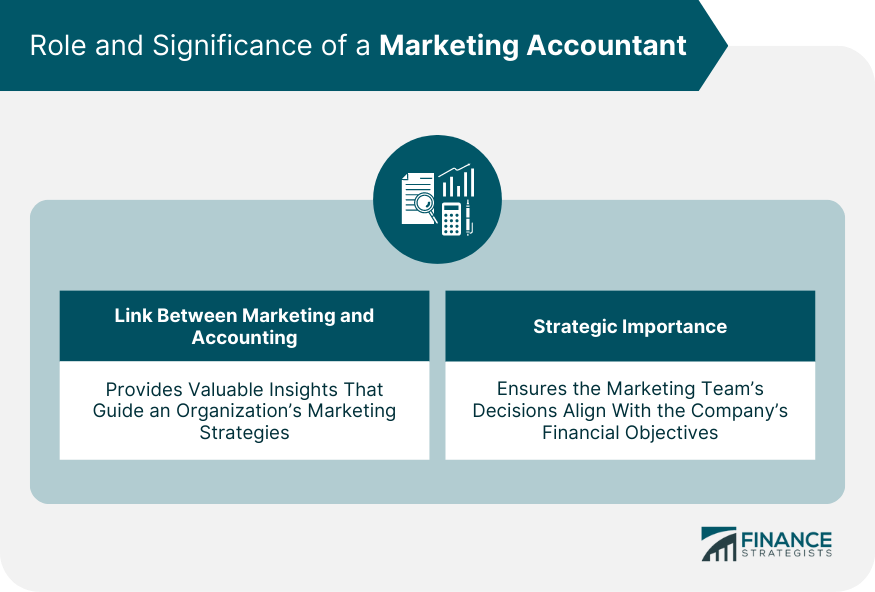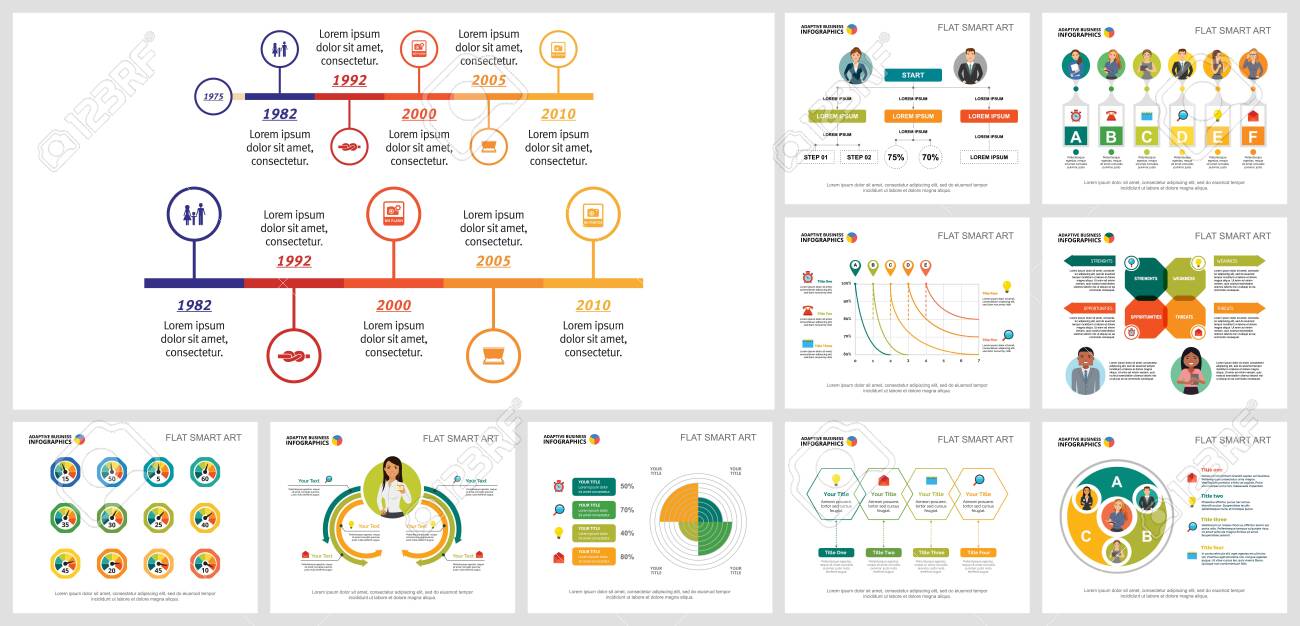When it comes to the business world, the realms of finance and marketing play crucial roles in the success of an organization. While finance deals with the management of money and investments, marketing focuses on creating awareness and generating demand for products or services. These two disciplines often intersect, but they also have distinct objectives and strategies. In this discussion, we will explore the unique aspects of finance and marketing, and how they contribute to the overall growth and profitability of a business.
Finance encompasses various activities such as budgeting, financial analysis, and investment management. It involves making strategic decisions regarding the allocation of resources, balancing risk, and maximizing profitability. On the other hand, marketing involves understanding consumer behavior, developing effective communication strategies, and promoting products or services to target audiences. Both finance and marketing are essential components of a well-rounded business strategy, and their effective integration can result in improved financial performance and sustainable growth.


Finance vs. Marketing: Which One Yields Greater Benefits?
When it comes to choosing a career path or determining the best strategy for business success, many individuals find themselves pondering whether finance or marketing is the superior choice. While both fields play crucial roles in the corporate world, each offers distinct advantages and opportunities. In this article, we will explore the nature of finance and marketing, their differences, and how they contribute to overall business growth.
Finance:
Finance involves managing and allocating financial resources within a company or organization. It encompasses various activities such as budgeting, investing, financial analysis, risk assessment, and financial decision-making. Professionals in finance assist in ensuring the company’s financial stability, using data-driven strategies to make informed investment decisions, manage cash flow, and minimize risk. They analyze financial statements, forecast future trends, and develop strategies to maximize profitability and growth. A strong foundation in finance equips individuals with skills in financial planning, risk management, and investment analysis.
Marketing:
Marketing, on the other hand, revolves around promoting products, services, or ideas to attract and retain customers. It involves market research, branding, advertising, public relations, sales strategies, and customer relationship management. Marketing professionals employ creative techniques to understand consumer behavior, identify target markets, develop compelling marketing campaigns, and build brand awareness. They analyze market trends, conduct market research, and utilize various marketing channels to reach their target audience effectively. A strong foundation in marketing equips individuals with skills in strategic planning, communication, market analysis, and customer relationship management.
Is a Finance Degree Sufficient for a Marketing Career?
When it comes to career choices, many individuals wonder if a finance degree provides a solid foundation for pursuing a marketing career. While finance and marketing are two distinct fields, there are areas of overlap and transferable skills that can benefit professionals with a finance background in the marketing industry. In this article, we will explore the potential advantages of having a finance degree when transitioning into a marketing role and shed light on the differences between finance and marketing.
Defining Finance and Marketing
Finance is the field focused on managing money, investments, and financial resources. Professionals with a finance degree possess knowledge and skills in areas like financial analysis, risk management, investment strategies, and financial planning. They are equipped to analyze data, make informed financial decisions, and assess the economic feasibility of various projects.
On the other hand, marketing involves activities related to promoting and selling products or services. It encompasses market research, advertising, branding, customer analysis, product development, and creating marketing strategies. Marketing professionals understand consumer behavior, target market segments, and utilize various marketing tools and channels to reach their target audience effectively.
Benefits of a Finance Degree in Marketing
Although finance and marketing may seem like distinct domains, having a finance degree can provide valuable advantages for individuals seeking a career in marketing.
- Strong Analytical Skills: A finance background equips professionals with strong analytical and quantitative skills, which are essential in gathering and interpreting market data, identifying trends, and making data-driven decisions in marketing.
- Financial Acumen: Understanding financial concepts and metrics gives marketing professionals an edge when it comes to budgeting, forecasting, evaluating marketing ROI, and implementing cost-effective strategies.
- Risk Management: Finance graduates are well-versed in assessing and managing risks, a skill that can be invaluable in marketing, where assessing the potential risks and rewards of marketing campaigns and initiatives is crucial.
- Strategic Thinking: Finance professionals are trained to think critically and strategically. Applying these skills to marketing allows individuals to develop effective marketing plans, identify competitive advantages, and align marketing strategies with overall business goals.
Finance vs Marketing: What Are the Key Differences?
A close look at the distinctions between finance and marketing degrees
Finance and marketing are two popular fields of study that offer distinct career paths and skill sets. While both areas are crucial for the success of any business, there are key differences between finance and marketing degrees.
Is it possible to transition from finance to marketing?
Finance vs marketing: exploring the possibilities of switching career paths
Many professionals find themselves at a crossroads in their careers, contemplating a switch from one field to another. Two popular options that often come up are finance and marketing. Both disciplines offer unique opportunities and challenges, but can one easily transition from finance to marketing?

Which Pays Better: Finance or Marketing Salaries?
When it comes to choosing a career path, one of the factors that often comes into consideration is the potential salary. Finance and marketing are two popular fields that offer lucrative opportunities, but which one pays better? In this article, we will explore the salary differences between finance and marketing, helping you make an informed decision about your career.
Finance professionals are responsible for managing an organization’s financial resources, analyzing financial data, and making strategic financial decisions. They play a crucial role in ensuring the financial health and stability of a company. On the other hand, marketing professionals are responsible for promoting and selling products or services, conducting market research, and developing marketing strategies to reach target audiences.
What are the differences between finance and marketing?
Finance and marketing are two important aspects of business that play a crucial role in its success. While both fields are essential for the growth and profitability of an organization, they have distinct differences in terms of their focus and objectives. Let’s explore the definitions and advantages of finance and marketing in order to understand the disparities and how they contribute to the overall functioning of a business.
Finance is the discipline that deals with the management of money, investments, and financial resources within an organization. It involves activities such as budgeting, financial planning, risk management, and financial analysis. The primary goal of finance is to optimize the allocation of resources and make informed financial decisions that maximize the value and profitability of the business.
Which Department Offers the Highest Salary: Marketing, Finance, or HR?
In the corporate world, different departments play vital roles in the success of an organization. Among these departments, marketing, finance, and HR are essential for the smooth functioning of a company. As professionals consider their career paths, one crucial factor they often consider is the salary potential in each department. This article aims to explore and compare the salaries offered in marketing, finance, and HR, helping individuals make informed decisions about their career choices.
Marketing, finance, and HR departments are distinct yet interconnected in their contributions to a company’s overall performance. While marketing focuses on promoting and selling products or services, finance deals with managing monetary resources and investments. HR, on the other hand, is responsible for recruiting, training, and managing the company’s workforce. Each department requires specialized skills and expertise, which can impact the salary levels offered.
Which is better: Digital Marketing or Finance?
In the world of business, two key areas play a crucial role in the success of any organization: digital marketing and finance. Both fields have their own unique benefits and challenges, but which one is the better option? Let’s delve into the definitions and advantages of each to find out.
Digital Marketing
Digital marketing refers to the use of various online channels and strategies to promote products, services, or brands. It encompasses a wide range of activities such as social media marketing, search engine optimization (SEO), content marketing, email marketing, and more. The primary goal of digital marketing is to reach and engage with the target audience, increase brand visibility, and drive conversions.
Finance
Finance, on the other hand, focuses on managing money, investments, and financial resources within an organization. It involves activities such as financial planning, budgeting, forecasting, financial analysis, and risk management. The main objective of finance is to ensure the financial stability, growth, and profitability of a company by making sound financial decisions and managing financial resources effectively.
What is the impact of finance on marketing?
In this article, we will explore the role of finance in marketing and how it impacts businesses. Finance and marketing are two essential functions within an organization, each with its own set of responsibilities and objectives. While marketing focuses on promoting and selling products or services, finance plays a crucial role in supporting and optimizing marketing efforts.
Finance provides the necessary resources and strategies to ensure that marketing activities are effectively planned, executed, and monitored. It enables businesses to make informed decisions, allocate budgets, and measure the return on investment (ROI) of their marketing initiatives. Let’s delve deeper into the specific ways finance influences marketing:
1. Budget Allocation and Financial Planning
Finance plays a crucial role in determining the budget allocated to marketing activities. It helps in setting financial goals and objectives that align with the overall business strategy. By analyzing the financial resources available, finance professionals can allocate funds to various marketing initiatives such as advertising campaigns, market research, product development, and promotional activities. This ensures that marketing efforts are adequately funded and aligned with the organization’s financial capabilities.
2. ROI Analysis and Performance Measurement
Finance is responsible for analyzing the return on investment (ROI) of marketing activities. By tracking and measuring the financial outcomes of marketing campaigns, finance professionals can assess the effectiveness of different marketing strategies and tactics. This analysis helps businesses identify which marketing initiatives are generating the highest returns and make data-driven decisions to optimize future marketing investments. Finance also collaborates with marketing teams to develop key performance indicators (KPIs) that align with financial objectives and enable the measurement of marketing performance.
What is the difference between finance and marketing courses?
Finance and marketing are two essential fields in business, each with its own distinct focus and skills. While both courses are important for a well-rounded business education, they differ in terms of their subject matter and career opportunities. In this article, we will explore the differences between finance and marketing courses and help you determine which path may be the right fit for you.
Finance courses typically cover topics related to managing money, investments, and financial planning. Students in finance courses learn how to analyze financial statements, evaluate investment opportunities, and make informed decisions regarding budgeting and financial strategies. Finance professionals are often responsible for managing corporate finances, making investment decisions, and ensuring the financial stability and growth of an organization.
On the other hand, marketing courses focus on understanding consumer behavior, creating and implementing marketing strategies, and promoting products and services. Students in marketing courses learn how to conduct market research, identify target audiences, develop advertising campaigns, and utilize various marketing channels. Marketing professionals are responsible for building brand awareness, attracting customers, and driving sales through effective marketing techniques.
What is the difference in salaries between finance and marketing?
Finance and marketing are two popular fields that offer diverse career opportunities. One common question that arises when comparing these two fields is the difference in salaries. Both finance and marketing play crucial roles in the success of organizations, but their salary structures can vary significantly. In this article, we will explore the variations in salaries between finance and marketing professionals and factors that contribute to these differences.
Finance professionals are responsible for managing an organization’s financial resources, analyzing financial data, and making strategic financial decisions. They work in areas such as banking, investment, insurance, and accounting. On the other hand, marketing professionals are involved in promoting products or services, conducting market research, developing marketing strategies, and enhancing brand awareness.
What is the relationship between marketing and finance?
In this article, we will explore the dynamic relationship between marketing and finance and how they work together to drive business success.
Finance and marketing are two essential functions within a company that are closely intertwined. While finance focuses on managing the financial resources and investments of a business, marketing is responsible for promoting and selling the products or services of the company. Despite their distinct roles, finance and marketing are interconnected and rely on each other to achieve common goals.
Who EARNS and Works More- Marketing VS Finance? 🤯[ISB MBA, Ex BCG] – App. for Unilever/Amazon/DB
Frequently Asked Questions
In the world of business, finance and marketing play crucial roles. While finance deals with managing money and investments, marketing focuses on promoting products and attracting customers. Both fields are essential for the success of any organization. Here are some frequently asked questions comparing finance and marketing.
1. What are the primary responsibilities of finance professionals?
Finance professionals are responsible for managing an organization’s financial resources. Their main tasks include budgeting, financial planning, analyzing financial statements, and making investment decisions. They also ensure compliance with financial regulations and manage risk. Additionally, finance professionals are involved in financial reporting and providing financial analysis to guide strategic decision-making.
Overall, finance professionals play a critical role in managing the financial health of an organization and ensuring its long-term sustainability.
2. What are the primary responsibilities of marketing professionals?
Marketing professionals are responsible for creating and executing strategies to promote products or services and attract customers. They conduct market research to understand consumer preferences and develop targeted marketing campaigns. Marketing professionals also oversee advertising, public relations, social media, and other promotional activities.
Their main goal is to increase brand awareness, drive sales, and cultivate customer loyalty. Marketing professionals use various techniques and channels to reach the target audience and create compelling messaging that resonates with consumers.
3. How do the roles of finance and marketing intertwine?
Although finance and marketing have distinct roles, they are interconnected and collaborate closely within an organization. Finance provides the necessary funds and budgeting for marketing activities. Marketing, on the other hand, generates revenue and market insights that finance professionals use to make informed financial decisions.
For example, marketing campaigns may require significant investment, and finance professionals evaluate the potential return on investment and allocate the necessary resources. The success of marketing initiatives contributes to the financial performance of the organization, ultimately impacting the bottom line.
4. What are the key skills required in finance?
Finance professionals should possess strong analytical and quantitative skills. They need to be detail-oriented and have a deep understanding of financial principles and regulations. Excellent communication and presentation skills are also essential for effectively conveying financial information to stakeholders. Additionally, proficiency in financial analysis software and tools is crucial for performing financial modeling and forecasting.
Furthermore, finance professionals must have strong problem-solving skills and be able to make sound decisions based on financial data and market trends.
5. What are the key skills required in marketing?
Marketing professionals should possess excellent communication and interpersonal skills to connect with consumers and build relationships. They need to be creative and have a strong understanding of consumer behavior and market trends. Proficiency in data analysis and market research is vital for developing effective marketing strategies.
Additionally, marketing professionals should be adept at using various digital marketing tools and platforms, as digital marketing plays an increasingly significant role in reaching target audiences. Adaptability and the ability to stay updated with the latest marketing trends are also crucial in this dynamic field.

In conclusion, finance and marketing are two crucial fields in business that serve different purposes but are equally important. Finance focuses on managing and allocating resources to ensure the financial stability and growth of a company. On the other hand, marketing is responsible for promoting and selling products or services to generate revenue and attract customers.
While finance deals with numbers, budgets, and financial analysis, marketing involves market research, branding, advertising, and customer engagement. Both finance and marketing play vital roles in the success of a business, and they often work hand in hand to achieve common goals.






